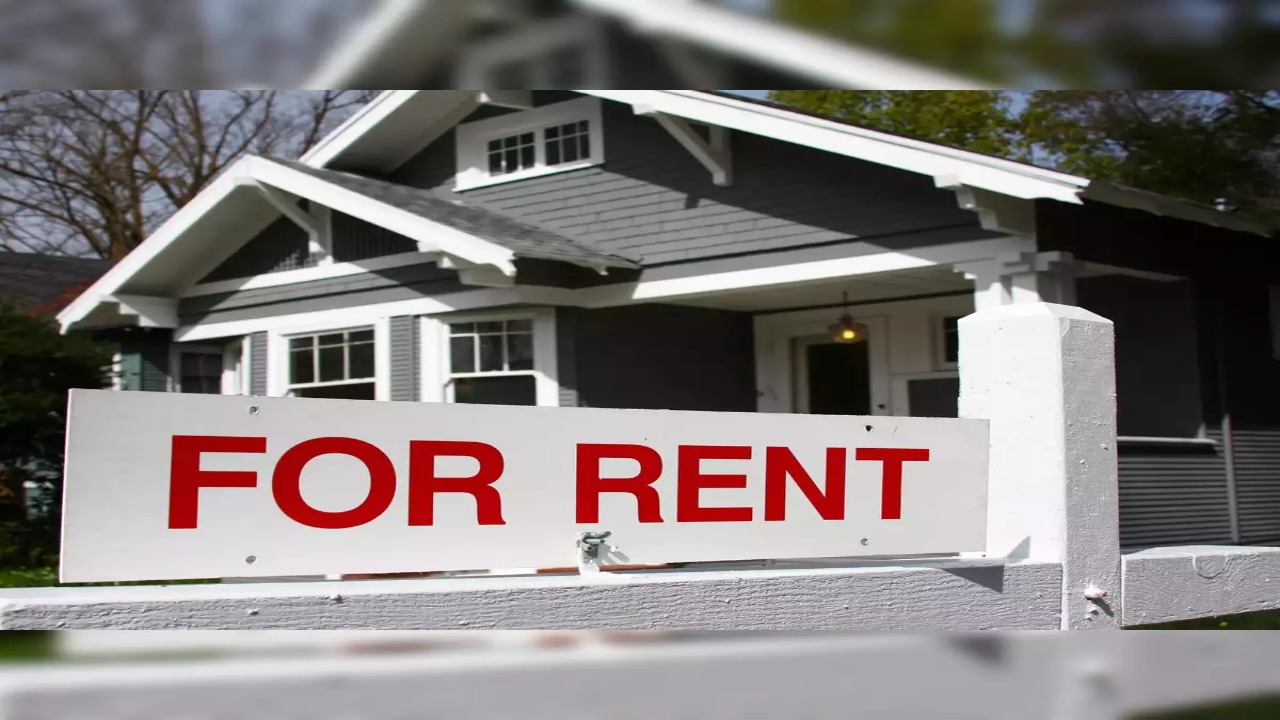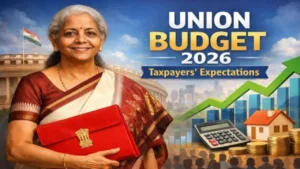Rented House: Buying a house or living on rent is largely a personal decision or personal choice.There is no doubt about it. But due to the rapid increase in property prices, buying a house is not always practical. On the other hand, when you live on rent, you get better, more spacious and well-equipped accommodation at a comparatively affordable rent.
There are many people who prefer to live in a rented house. He does not want to buy a house. If you want to avoid the high priced real estate market, long legal procedures and hefty monthly EMIs, being a tenant may be a better financial deal than owning a property. If you live in a rented house, then let us know what are its benefits.
Maintenance cost is low
When you live in a rented house, the first advantage is that you have to pay very low maintenance cost. For example, as a tenant, you may pay some charges for the basic maintenance of the rented house, but you do not have to worry about major repairs or damages. This is the responsibility of the owner of the house. The homeowner may have to incur expenses for other repairs or maintenance, including a home loan.
Freedom to live wherever you want
One of the biggest advantages of living in a rented house is that you can change the house to the location of your choice whenever you want. This gives you more flexibility than owning a house. This is ideal for people who change jobs frequently. All the tenant needs to do is give a month’s notice before vacating the house. There is also no long-term commitment required from the tenant to rent.
You can also take financial advantage of living in a rented house. You can claim House Rent Allowance i.e. HRA. According to 99acres, tenants can claim up to 50 per cent of their basic salary in metro cities and up to 40 per cent in tier II or III cities, offering a significant financial advantage. While the landlord is required to pay annual property tax, homeowners also have to pay a tax, depending on the location of the property.
More amenities
Another financial advantage of living on rent is that you get amenities that would otherwise be a big expense. Amenities like pools, gyms or sports courts are usually available in medium to high-level residential societies. In many cases, the property owner pays a one-time maintenance fee, which may also include free membership to access all these amenities.
No advance investment
When buying a property, the owner has to make a hefty down payment before availing a loan. After this, depending on the type of property or lifestyle choices, the owner has to spend more on interior décor, furniture, etc. Property taxes like stamp duty and registration fees are paid directly from the owner’s pocket. Whereas the tenant does not have to make any investment in advance to fulfil these responsibilities. The only advance cost paid by the tenant is the security deposit. That too is refunded at the time of vacating the house.










